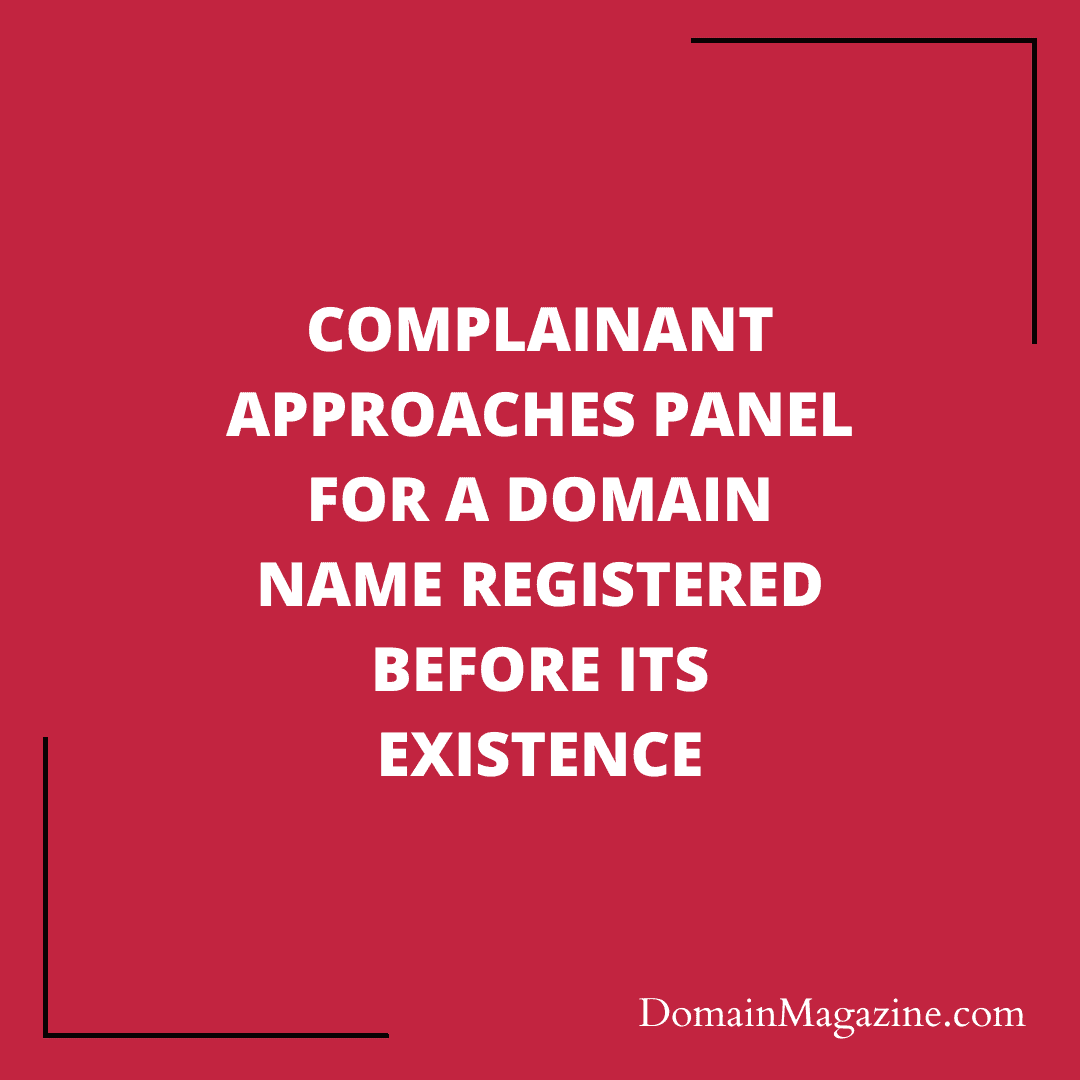Domain names have an inherent value associated with them. When this value generates interest for more than one party, domain disputes often occur. However, sometimes the disputes aren’t based on any solid argument.
This results in cases where companies filed for UDRP over domain names that were registered even before their inception. As we would see in our current Domain Name case study.
Complainant’s Case
The Complainant in this case is a UK based firm named Arniston Ltd. The complainant provides services in connection with providing or developing energy efficient homes under the tag line “Making energy efficient homes simple and affordable for everyone”.

It operates under the brand name SNUGG. It owns the trademark rights over the mark in the UK for international classes. The trademark application was filed on December 8, 2021, and approved on March 25, 2022.
However, the domain name Snugg.com was registered and used by some other party unassociated with the Complainant.
The Complainant claims that it is a well known brand whose trademark rights are infringed by the said domain name’s registration by the Respondent. To prove its point, th eComplainant presented several examples.
The Complainant was part of the Lloyds Banking Group’s Launch Innovation Program. It has been nominated at Scottish Financial Technology Awards 2022. The Complainant also added the Press Coverage of its brand at platforms like The Scotsman, Fintech Scotland, Digit and Smart Energy International.
The Complainant also presented that it had offered the Respondent to purchase the disputed domain name for $5,000. However, the Respondent didn’t respond.
Respondent’s Response
The Respondent didn’t respond to the Complainant and was absent at the dispute resolution procedure.
Jury’s Judgement
For a domain name dispute to go through, it needs to validate the three conditions: Identical and/or Confusingly Similar, Rights or Legitimate Interests and Registered and Used in Bad Faith. Falling any single condition, would end in the failure of the whole case.
The panel found that the domain name in question was indeed similar to the trademarks held by the Complainant. Regarding the provision of Registered and Used in bad faith, the panel was in disagreement with the Complainant.
The Complainant had argued that the Bad Faith on Respondent’s part was proved over three issues. First the non-responsiveness of Respondent to the Complainant’s offer, Second, no significant business activity on the landing page at the disputed domain and Third, the involvement of the Respondent in similar dispute cases.
The panel, however, contested that these conditions show that the Respondent is ‘warehousing’ the domain name. This might be possible, however the domain name was registered in 2020, while the trademark and the Complainant’s company started only in 2022.

The Respondent’s registration of the domain name hence, cannot be considered in Bad Faith.
The Complaint was denied.
You can read the case in full detail here.


Join the Discussion